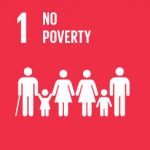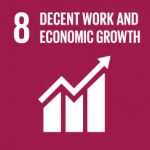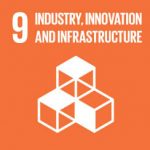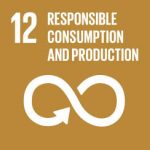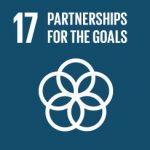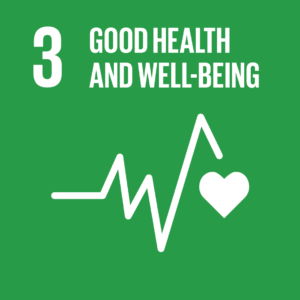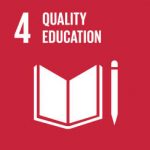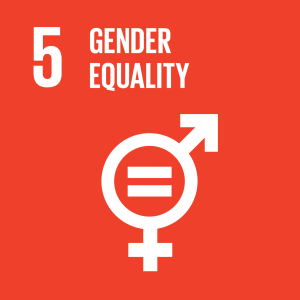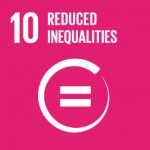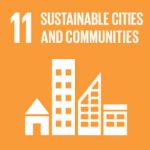The Millennial generation is set to receive the reins as the US undertakes the greatest generation-to-generation wealth transfer to date. The Millennial generation- those born between the early 1980s and the early 2000s- has a different take on the primary role of business compared to previous generations. As presented in the WEF report From the Margins to the Mainstream, “in a recent study of 5,000 Millennials across 18 countries, respondents ranked ‘to improve society’ as the number one priority of business [36% of survey respondents]. This does not imply that the next generation of investors will not seek market returns [35% of survey respondents]. However, the emerging generation of investors is likely to seek achievement of social objectives in addition to financial returns.”
The Millennial generation also has a larger propensity to donate time, money and work than previous generations. Here are some figures from the Millennial Impact Report conducted by Achieve:
The 75 million Millennials are positioned to become the wealthiest generation ever.
The research is clear: Millennials are generous but also very conscientious of whom and where their money is going. Millennials are understandably skeptical of the investments they make. In “Leading Generation Y,” Lieutenant Colonel Jill M. Newman of the United States Army argues, “The [Millennials] have witnessed more scamming, cheating lying and exploiting than ever before from major figures especially in finance in recent years.” The skeptical nature of this generation requires greater transparency on the part of financial sector organizations to attract this demographic.
Deloitte states that the 75 million Millennials are positioned to become the wealthiest generation ever, surpassing the 80 million Baby Boomers. “From the Margins to the Mainstreams” projects “over the next 40 years, an estimated US$ 41 trillion will be transferred” from Baby Boomers to their heirs, resulting in a powerful Millennial generation. The Millennials’ beliefs and values will be the drivers behind the world’s political, social, environmental and economic changes.
Impact Investing is turning out to be an appealing investment approach for Millennials due to its differing outcomes and operations than those of traditional investing. Impact Investing provides a new way of tackling the world’s most pressing issues while still providing an acceptable financial return. It also enables investors to place their money according to their values without having to forgo financial opportunities. While impact investments may currently represent a small portion of many adults’ portfolios, JP Morgan forecasts a drastic increase in these types of investments as money changes hands on a generational scale. They estimate that impact investing may expand from about $9 billion today to $1 trillion by 2020.
Many companies have sought out to democratize impact investing, in anticipation of the growing popularity. No longer are accredited investors the only investors offered a slice of the impact investing pie. With the introduction of new retail offerings, non-accredited investors, like many Millennials, have been given the opportunity to invest in corporations and businesses that share their values through impact investing.
This generous, yet monetarily wise generation will find ways to advocate for social and environmental missions, while still maintaining financial responsibility. Of course it’s only speculation, but it would seem that impact investing is an investment approach that is in line with Millennials. Demand creates supply. With this evidence the future for impact investing looks promising. Impact investing and Millennials go hand in hand.

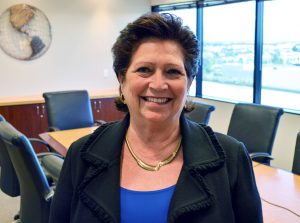

 event’s main activity, through six concurrent breakout sessions, was to map the pathway and identify key actors and the actions required for solving the six grand challenges:
event’s main activity, through six concurrent breakout sessions, was to map the pathway and identify key actors and the actions required for solving the six grand challenges: